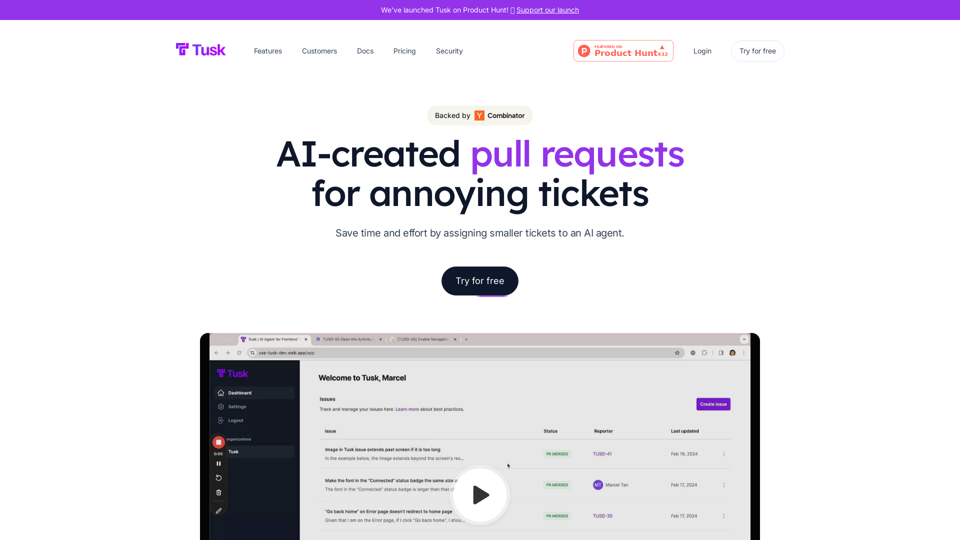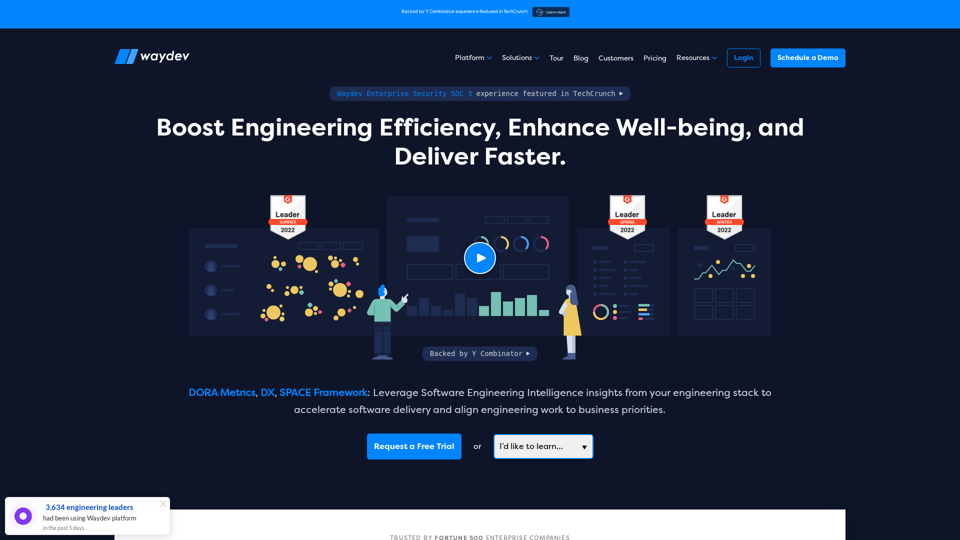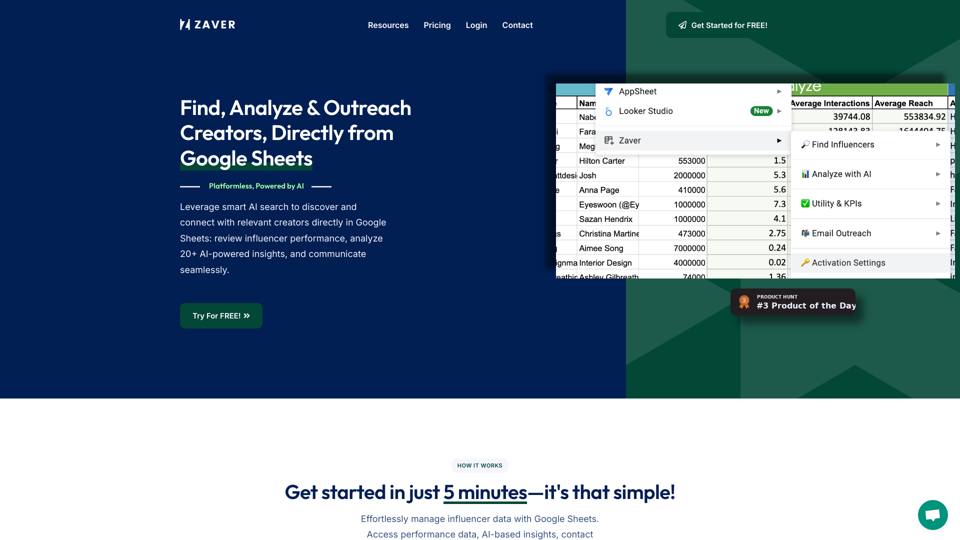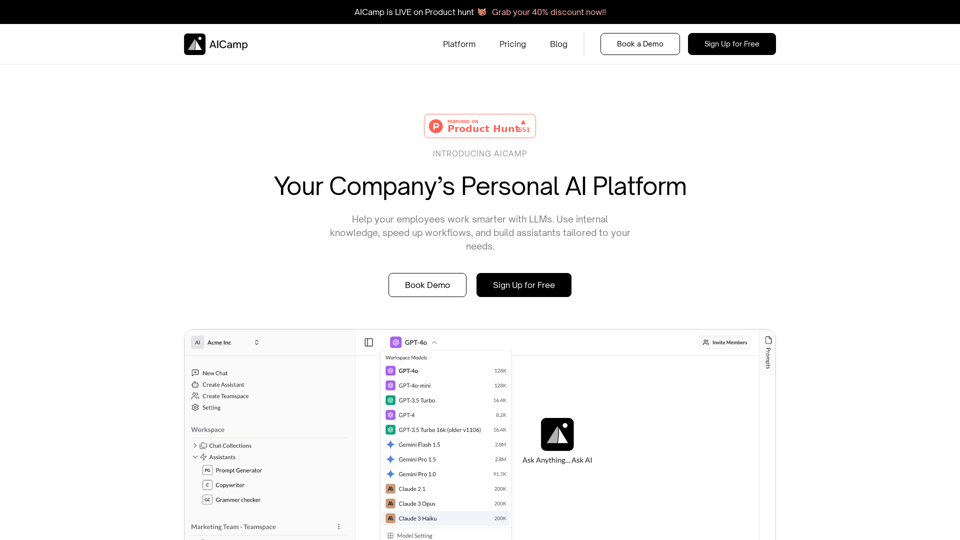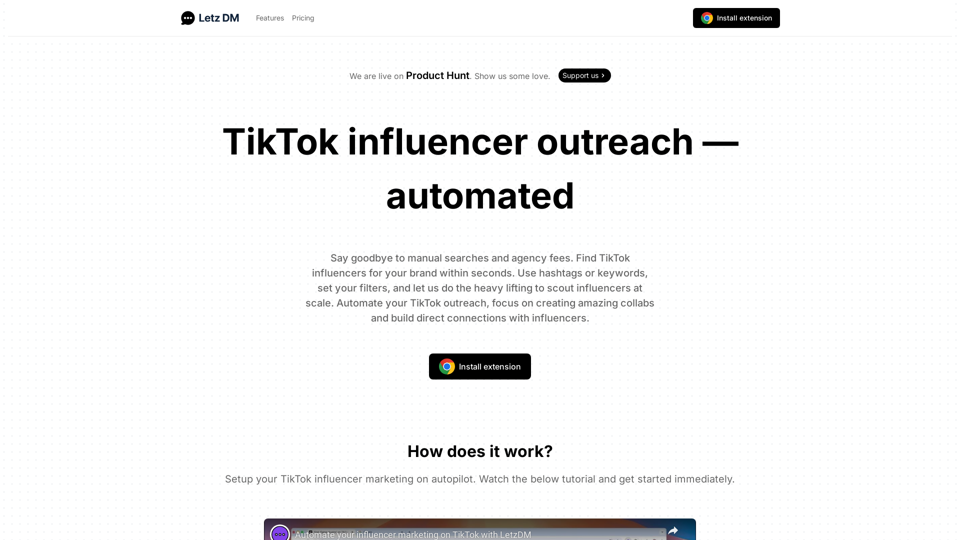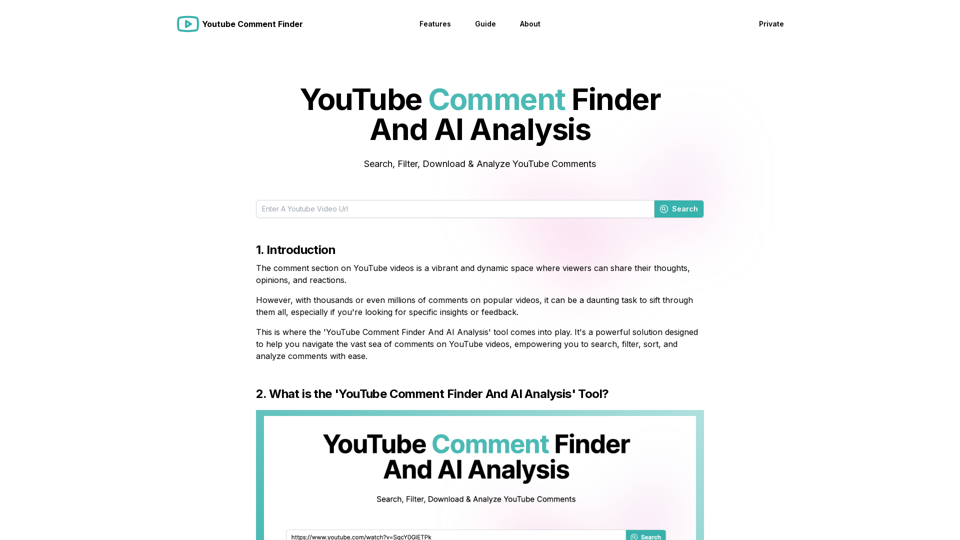What's an AI Assistant?
An AI assistant, also known as a virtual or digital assistant, is software that utilizes artificial intelligence to understand and execute tasks based on natural language commands. These tasks can range from simple activities like scheduling meetings and reading emails to more complex actions such as managing smart home devices or providing customer support. AI assistants are powered by technologies like machine learning, natural language processing (NLP), and large language models, enabling them to interact in a human-like manner.
Types of AI Assistants
- Chatbots: Text-based interfaces that assist users on websites and messaging apps.
- Conversational Agents: Advanced systems that use voice and text to interact in a human-like manner.
- AI Digital Assistants: Multifunctional tools that integrate with various devices to perform tasks via voice commands.
Benefits of AI Assistants
Enhanced Productivity
- Automate Routine Tasks: AI assistants can handle mundane tasks, freeing up human resources for more strategic activities.
- 24/7 Availability: They provide support and information around the clock, improving efficiency and customer satisfaction.
Improved Customer Experience
- Personalized Interactions: By analyzing user data, AI assistants can offer tailored recommendations and solutions.
- Quick Response Times: They provide instant answers to queries, enhancing user satisfaction.
Cost Efficiency
- Reduced Operational Costs: Automating tasks with AI assistants can lower the need for extensive human involvement, saving costs.
How to Use AI Assistants
Implementing AI Assistants in Business
- Identify Key Areas: Determine which tasks or processes can be automated or improved with AI assistance.
- Choose the Right Technology: Select AI tools that best fit your business needs, whether it’s a chatbot, voice assistant, or a more complex AI solution.
- Integration: Ensure seamless integration with existing systems and platforms for smooth operation.
- Training and Customization: Train the AI model with relevant data and customize it to align with business goals.
Common Applications
- Customer Service: AI assistants can handle inquiries, provide support, and enhance customer interactions.
- Sales and Marketing: They can assist in lead generation, customer engagement, and personalized marketing efforts.
- Healthcare and Insurance: Use AI assistants for patient triage, policy information, and customer support.
Conclusion
AI assistants are transforming how businesses operate by automating tasks, improving customer interactions, and enhancing productivity. As AI technology continues to evolve, the capabilities of AI assistants will expand, offering even more opportunities for businesses to optimize their operations and deliver superior customer experiences.



